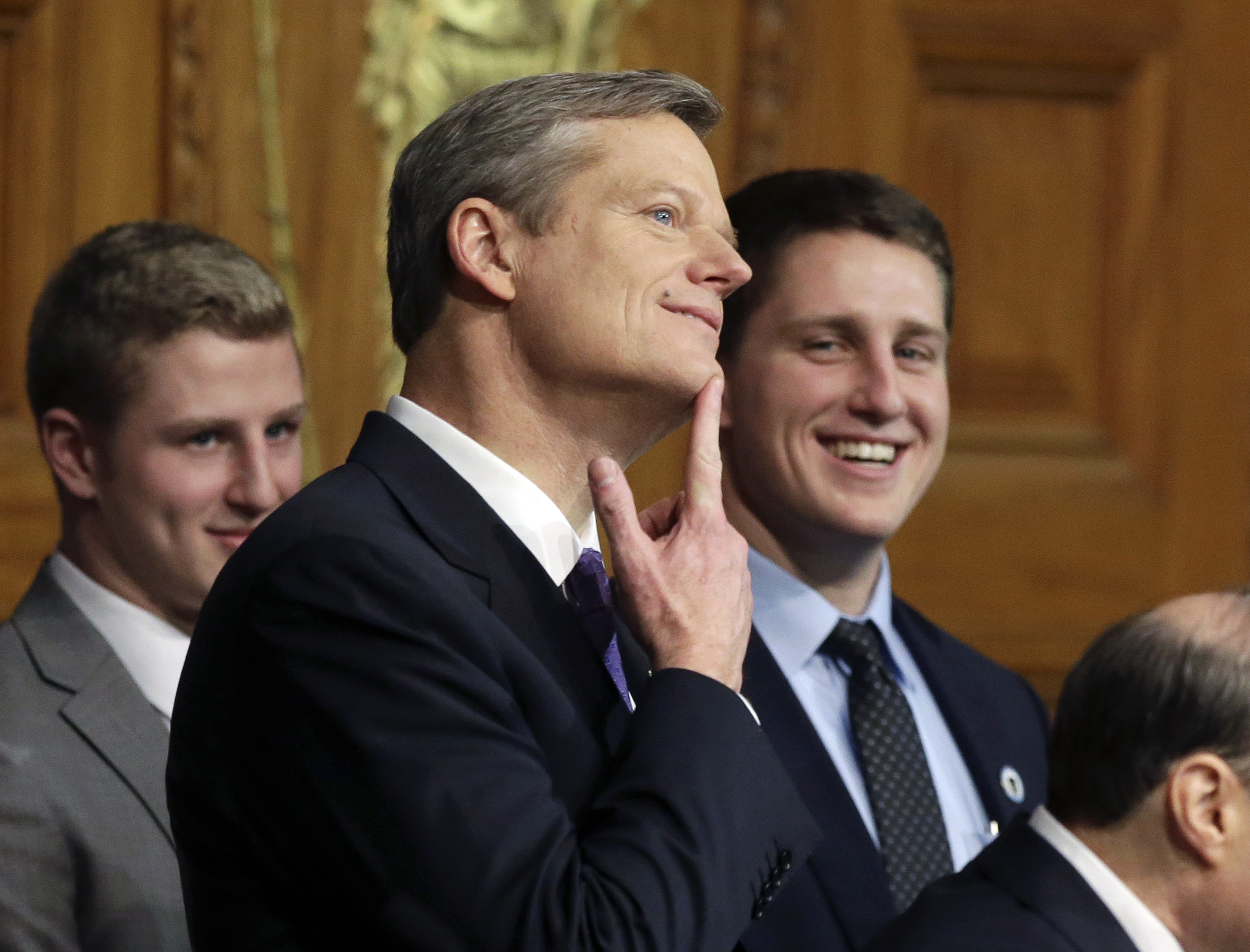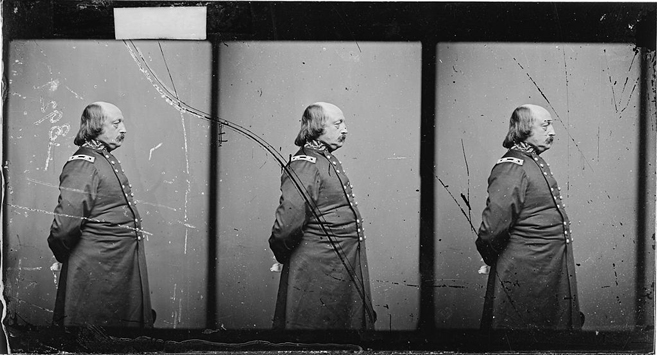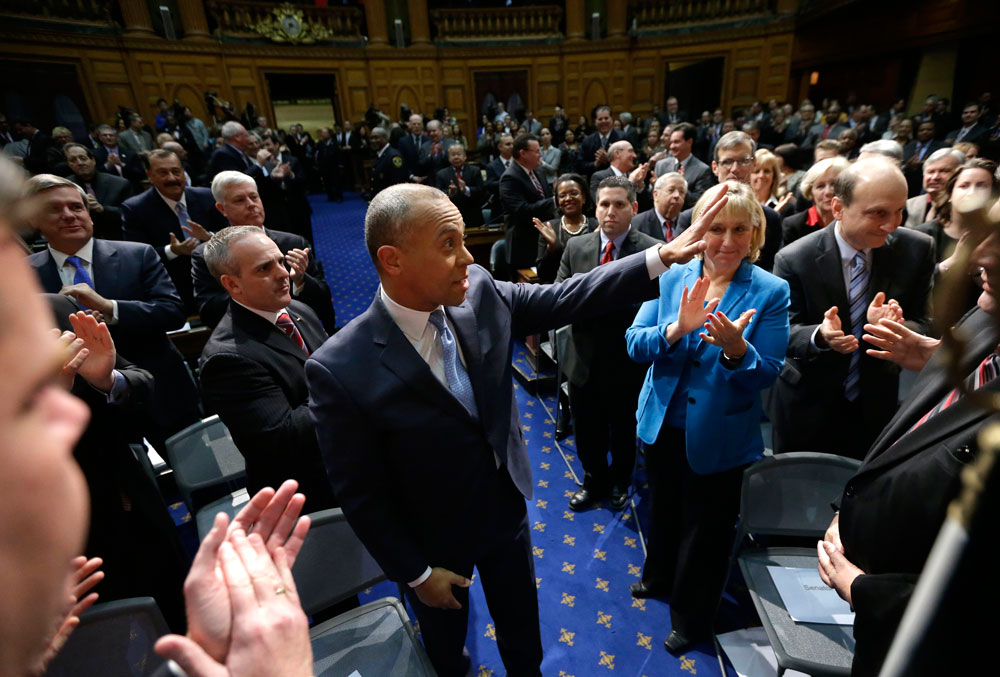The most diverse group of federal representatives in our nation's history is actually quite unrepresentative. The Massachusetts delegation to Washington does not buck these trends. Our House delegation is 78% male, we have one male and one female Senator, and the cadre is exclusively white despite the fact almost 25% of Bay State residents are of color. And our unrepresentative representatives matter for substantive policy representation.
Dan Payne’s Boston Globe op-ed (“The scandal double standard”) is a good one and is worth more than a casual read. He succinctly describes the illogical differences between the public’s perceptions of political versus corporate misbehavior. The capacity of the public to ignore (or quickly forget) corporate waste, fraud, and abuse that ultimately costs taxpayers billions, while becoming apoplectic over comparatively minor (and in some cases imaginary) scandals in the public sector is indeed stunning and sad. Corporate officers should be held to standards of conduct no less exacting than government officials in part because they are, like government officials, stewards of publicly created entities.

National political discourse suggests the Baker v. Patrick comparison features two opposing views on government: too often the problem according to Republicans and regularly the solution for Democrats. This narrative does not apply to Charlie Baker as both he and Deval Patrick see vital, necessary roles for government. I submit that a comparison of Charlie Baker’s inaugural speech yesterday and Deval Patrick’s final State of the Commonwealth address last January make their respective takes on the role government should play, and their conceptualization of Massachusetts residents, clear.
While the likes of Rudy and Rush try to scare white people into supporting conservative pols or policies, others go about their race baiting differently. Jeff Jacoby’s latest column is an excellent example of such a different approach. He isn’t scaring his target audience; he is justifying racial resentments by patting them on the back and assuring them that critical introspection on race in America is entirely unnecessary. Jacoby props up racism by declaring that racism (which he refers to tellingly as “white racism”) has disappeared as a potent political weapon.
*If* our elected leaders on Beacon Hill want to make a statement on how gaming will be run in Massachusetts then banning ATMs would send a clear and decisive signal. And, while we are at it, let’s really go big: no alcohol on the gaming floor as the symbiotic relationship between pathological gambling and alcohol abuse is well documented.
Police officers are extremely powerful and important government officials. The character and quality of our democratic society depends mightily on the skill and discretion of those professionals sworn to “serve and protect.” Despite the undeniable import of law enforcement, and despite the outpouring of sympathy and professed respect Americans lavish on police officers in the wake of tragedies like the recent murders of police officers, American police officers remain under-paid, under-trained, and under-appreciated by their fellow citizens. They are extremely visible on our streets and highways. They are the subjects of more movies and TV shows than any other profession by far. They are our friends, relatives, and neighbors, and yet we continue to expect these men and women to perform one of the most difficult and essential functions in a free society with inadequate compensation and training, and without the respect we afford to other professionals among us. Make no mistake, defensively rallying around the police after a tragedy is a very poor substitute for the genuine respect owed to professionals.



